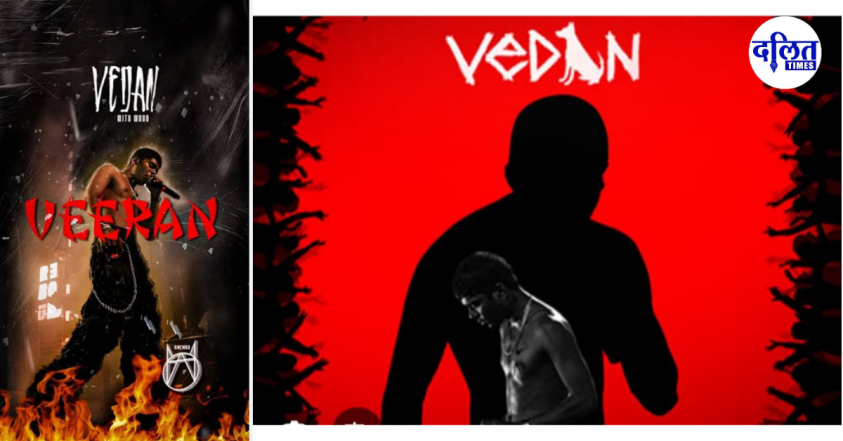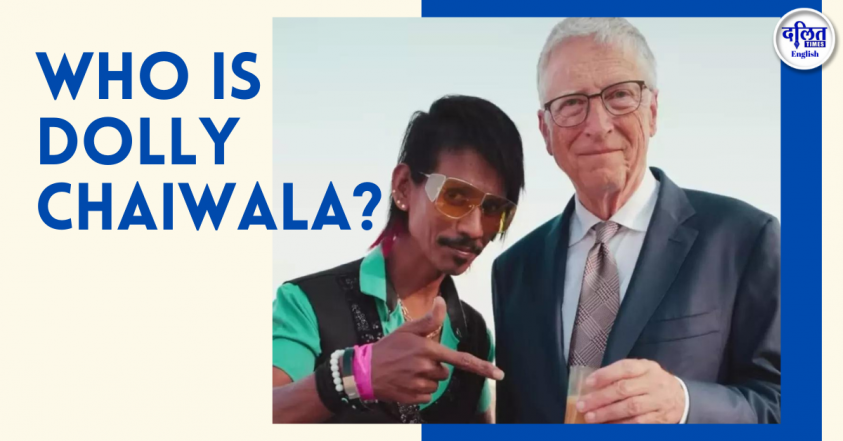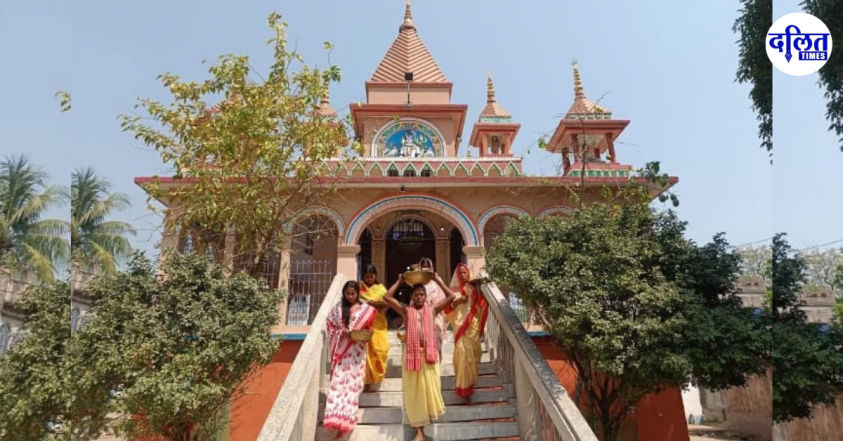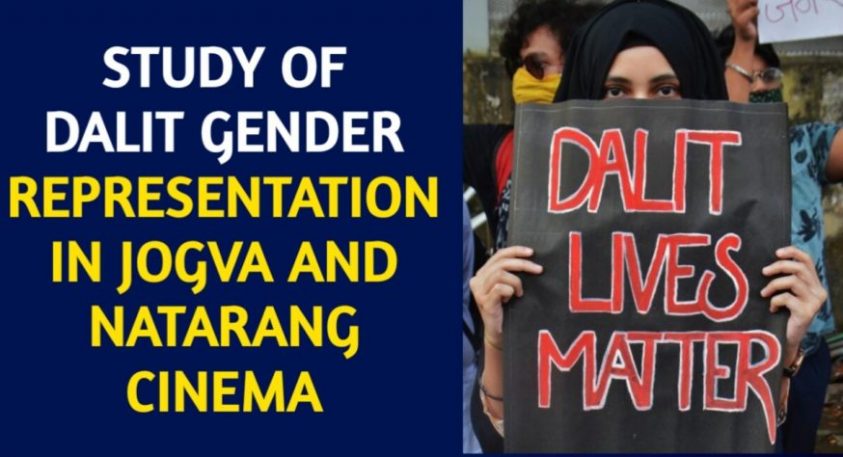This is not a matter of crime and punishment — this is a theatre of caste discipline. The law here is not being applied — it is being weaponized- Radical Dalit expression will be surveilled- policed- crushed.
On April 27, 2025, Malayalam rapper and songwriter Vedan (Hirandas Murali) — the powerful Dalit voice behind Kuthanthram Thanthram, the politically loaded track from Manjummel Boys — was arrested by the police in Tripunithura, Kochi. Along with eight others, he was charged after the seizure of five grams of cannabis, ₹9 lakh in cash, and some mobile phones. All were released on station bail after medical examination. And yet, the headlines continue to criminalize, the state continues to dramatize, and the public is invited to consume yet another cultural lynching masquerading as law enforcement.
Let us begin with legal clarity. Six grams of cannabis is legally defined as “small quantity” under the Narcotic Drugs and Psychotropic Substances (NDPS) Act — a category intended for lenient treatment, not harsh incarceration. No trafficking was alleged, no peddling proven. The ₹9 lakh, without substantive proof linking it to contraband, remains legally irrelevant.
Thereafter, Vedan was arrested in relation to a tiger tooth he wore, allegedly invoking the Wildlife Protection Act. The Wildlife Protection Act allegation — reportedly for a single tiger tooth — may attract penalties, but not prolonged detention or media trials. But that is precisely what makes this spectacle suspect.
Also Read: The New Race for Dalit Votes: Tokenism or Real Change?
Vedan is not just another accused. He is a Dalit rapper, an artist, a cultural dissenter, and a visible voice of Ambedkarite critique in Kerala’s homogenized cultural landscape. And therein lies the real anxiety of the state. The dreadlocks, the lyrics, the politics — these do not merely offend sensibilities; they threaten the caste-class consensus that governs both politics and art in Kerala. Vedan’s body becomes the site where legality, morality, and caste discipline converge.

The contrast with upper-caste celebrities is not just glaring — it is damning. When actor Shine Tom Chacko was caught with synthetic drugs, legal consequences barely brushed him. When Mohanlal — Kerala’s cinematic demi-god — was found with ivory, a clear violation of the Wildlife Protection Act, the state government rushed to issue a ‘no objection’ letter, shielding him from trial. The law in Kerala does not speak uniformly. It whispers to caste and kneels before capital.
So why is Vedan being held up for public humiliation? Because he represents the discomforting future — a generation of Bahujan youth who are not afraid to speak, not willing to beg, and not content with token inclusion. He is not just Vedan. He is what Kerala’s progressive image fears the most: a Dalit who refuses to be silent.
Also Read: Rare of the Rarest Case: Starved to Death: The Long Silence That Killed Thushara
But political clarity must also include ethical clarity. We do not claim impunity in the name of identity. If the allegations — whether under NDPS or the Wildlife Protection Act — are proven in a court of law, accountability must follow. Being Dalit does not excuse illegal conduct. But being Dalit does not justify disproportionate punishment either. Justice is not justice if it scales severity by caste.
The people favouring Vedan demand not for exceptionalism — but for equality. Our struggle is not to shield individuals from scrutiny, but to strip the law of its caste prejudice. Because when a Dalit rapper is painted as a criminal while Savarna actors are celebrated despite serious offences, we are not witnessing justice — we are witnessing varnashrama jurisprudence enforced with police boots, mob lynching, and media trial.

Kerala’s Left establishments love to speak of renaissance and reform. But scratch the surface, and the old caste order remains intact — disguised, denied, and deeply defended. Cultural rebellion is tolerated only when curated. Radical speech is permitted only when it flatters power. Vedan’s verses indict the very system that now seeks to indict him.
Political, intellectual, and cultural critic K.T. Kunhikkannan has called it out with clarity: “I strongly condemn the racist move against Vedan. However, there can be no compromise when it comes to the use of alcohol and drugs.” His statement cuts through the noise of moral grandstanding and legal acrobatics. It acknowledges the legal and ethical complexities of substance use, while firmly rejecting the caste-coded criminalization that Vedan has been subjected to. This is not simply law in motion — it is Brahminical punishment masquerading as neutral enforcement, where caste location, not crime, determines the scale of state response.
T.S. Shyam Kumar, social activist, academician, and anti-caste intellectual, has raised a crucial question that exposes the legal double standards at play: “Why was Suresh Gopi not arrested for the same offence — wearing the tooth of a tiger? Why is Vedan being treated differently?” The answer, he asserts, lies in
Vedan’s caste identity. While upper-caste celebrities flaunt wildlife contraband without consequence, Dalit youth like Vedan are criminalized, humiliated, and violently policed. As Shyam Kumar notes, Vedan is not just facing legal scrutiny — he is being subjected to casteist slurs, public lynching, and racist attacks. This is not law enforcement; it is the brutal assertion of caste hierarchy through selective prosecution and public shaming.
Murali Thonakkal, social activist and cultural critic, has issued a scathing response to the casteist discourse surrounding Vedan’s arrest: “Stop the racist slurs against Vedan.” He also criticized Sreejith Panicker for belittling Vedan’s political identity as “playing the caste card.” He drew attention to the glaring silence around upper-caste celebrities like actor and Member of Parliament Suresh Gopi and actor Jayaram, both of whom have publicly flaunted tiger tooth — a wildlife offence similar or worse in nature. Yet, no action was taken.
Murali Thonakkal sarcastically observed, “Since yesterday, even the tiger tooth they possessed became duplicate,” pointing to the absurd justifications now surfacing to shield Savarna icons. He questioned whether intellectuals like Sunil P. Ilayidom truly grasp what the Chief Minister has failed to acknowledge — that this is not just a question of legality, but of caste-based persecution and double standards.
In a powerful rebuke, he also condemned the statement of singer M.G. Sreekumar, who said he’d been part of the Malayalam music industry for 45 years but had never heard the name of Vedan. “That speaks not to Vedan’s invisibility, but to the cultural caste blindness of the industry itself,” he asserted. “To not know Vedan is to not know the voice of resistance in your own state.”
Singer Pushpathy, known for her revolutionary ballads, invoked mythic imagery to express her solidarity with Vedan: “Vedan has the strength of a thousand Ravanans. He is Veda Veera — warrior of words and wounds. Come back with song — you’ve stood for all of us, Vedan.”
Her statement captures what legal systems refuse to acknowledge — that Vedan is not merely an artist under scrutiny, but a symbol of collective resistance, carrying the pain, pride, and fire of generations. In Pushpathy’s invocation, the criminalized rapper becomes a mythic rebel, challenging not just the state, but the Savarna mythmaking of who can speak, and who must be silenced.

Poet and cultural critic Rahul Humble Sanal declared unequivocal solidarity: “I stand with the politics of Vedan.” He further questioned the glaring double standards in law enforcement: “Why are the rules different for Mohanlal and Vedan? How must we tolerate the popularity of Vedan and the Savarna panic over the rise of a Dalit rapper?”
Also Read: To Stitch Together the Unseen: Dr. Monali Mahedia and the Battle Beyond the Scalpel
Rahul Humble Sanal’s words underscore a deeper anxiety in the system — that a Dalit voice rising in public, with mass appeal and radical critique, unsettles caste hegemony far more than any substance ever could.
Let us be unequivocal. This is not about cannabis. This is about caste. This is about the state’s intolerance of dissent when it comes in a Dalit voice and rhythm. The state may seize his phone. The media may smear his name. But Vedan is not alone. The culture he comes from — the politics he embodies — cannot be raided or jailed.
If Kerala is truly progressive, then let it show up now. Not in slogans, but in substance. Let the law act — but let it act fairly, not selectively. Let justice be equal, not Brahminical.
The rap revolution in Kerala is real. And it will not be silenced by six grams of fear.



